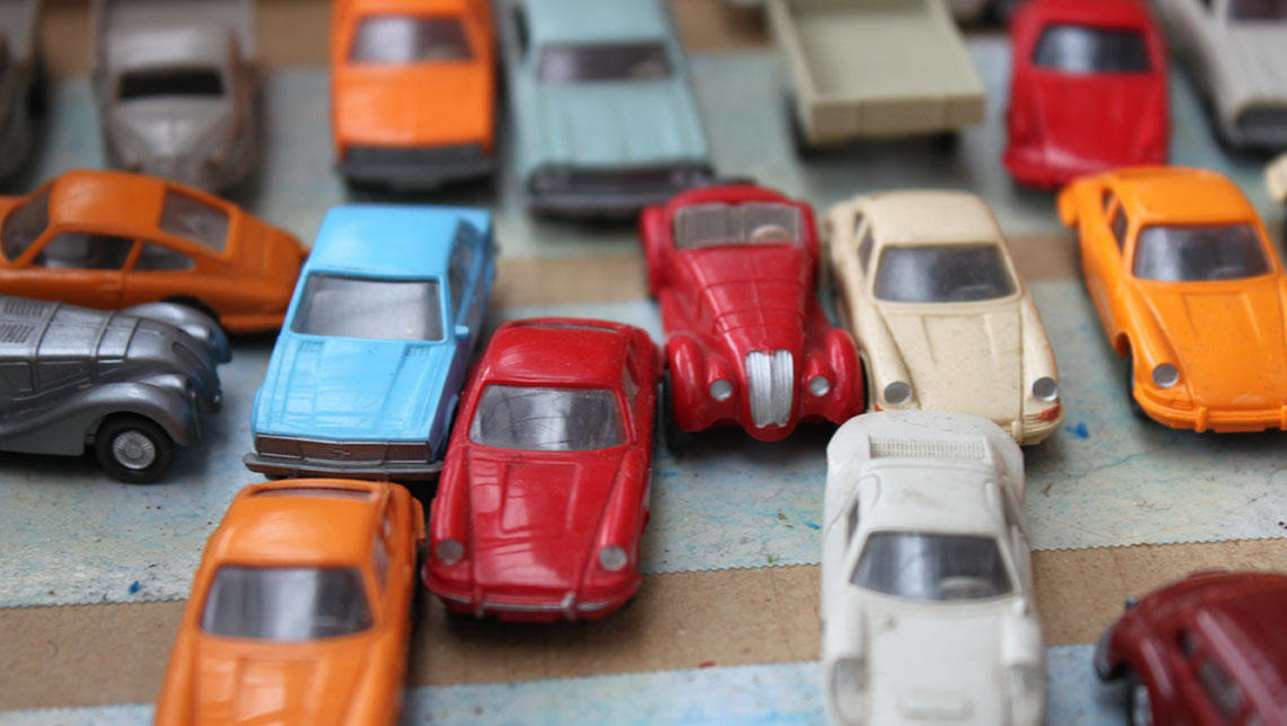Some car brands are more open than others; some owners are in the dark.
Australia is on track to post a record number of vehicle recalls this year. It has already eclipsed a 10-year high.
In 2004, about 776,000 cars were recalled - so far this year, the figure is more than 800,000 and looks certain to surpass the 855,000 in 2001.
So are cars becoming less reliable or are manufacturers more concerned about being sued for negligence, and so being more open about problems with their vehicles?
The answer to both questions is yes.
As car companies drive down costs, they outsource more parts that can be bought more cheaply due to global economies of scale.
For example Japanese company Takata makes airbags for most leading car brands. But when something goes wrong, it's monumental.
There is currently a global recall of 16 million cars from nine brands - including about 100,000 in Australia - because Takata airbags could inflate with excessive force and potentially spray shrapnel at occupants. So far, the fault has been linked to at least four deaths in the US.
General Motors, meanwhile, recalled 2.6 million cars in North America because of a faulty ignition switch that could turn off the engine and disable the airbags. So far the fault has been linked to at least 27 deaths in the US, according to Reuters.
US authorities found General Motors executives hid the fault for almost 10 years. Senior staff involved in the scandal have since been sacked.
Recalls are in the spotlight in Australia because Holden - possibly spurred by the investigation into the parent company's handling of the ignition switch recall - has been more open than it might have been in the past. Holden's 13 recalls so far this year is more than any other car brand in a calendar year and more than half of these relate to Australian-made cars.
Would you rather buy a car from a company that is more open about its faults and more likely to fix them quickly?
The next highest on the local list are Jeep (nine recalls) and Toyota (seven). Some Holden recalls, such as a faulty windscreen wiper, may seem overcautious. Some, however, are disturbing.
One of the latest recalls was issued because manual transmission versions of the Holden Trax compact SUV and Barina small car can unintentionally 'bunny hop' and then stall if the driver bumps the key when it is in the ignition - even in the off position.
Authorities argue that safety is safety, though the definition of 'safety' is open to interpretation. Despite the tough wording, recalls in Australia are still voluntary.
This is why some brands don't issue a recall and instead divert the repair work to a 'dealer service campaign'.
For example, Hyundai Australia last year voluntarily called 227,000 cars to dealerships to replace a faulty brake light switch in eight models, representing most of its range. News Corp Australia exclusively unearthed the fault the year before.
But the company stopped short of calling it a safety recall because the Federal Department of Transport advised the consumer watchdog that the brake light switch fault was "not a safety issue".
Hyundai has previously shown a reluctance to recall.
In November 1998 it refused to recall 46,000 examples of the Excel even though several were found to have a welding defect that could lead to the collapse of the front suspension.
In words eerily similar to the brake light issue, Hyundai claimed at the time it was "not a safety issue".
An NRMA technical report said of the Excel's suspension: "In extreme cases the right front wheel and drive shaft can become detached and jam the wheel in the housing." The Federal Government threatened to issue a compulsory recall - which it had never done - if Hyundai did not take action. Despite the seriousness of the fault, and the tough talk from government, Hyundai issued a dealer service campaign.
Holden may be more transparent now but it too has recently avoided at least one serious recall. It insists there is no local recall required for a faulty ignition switch despite 46,000 export versions of the Australian-made Commodore and Caprice being recalled in the US earlier this month. In doing so Holden has avoided what would become the biggest recall in Australian automotive history as it would involve approximately 432,000 Commodores made since 2006.
Holden engineers insist the GM ignition fault in the US does not affect Commodores in Australia because the position of the key is different.
The risk of faults increases as cars become more complex and incorporate more parts from outside suppliers. Furthermore, the handling of recalls differs from brand to brand.
Would you rather buy a car from a company that is more open about its faults and more likely to fix them quickly?
The alternative is to hope for repair work under the guise of a 'dealer service campaign' - but that is contingent on taking the car back to the selling dealer rather than an independent mechanic.
Federal authorities need to provide a clearer definition of what constitutes a safety recall to make the response more consistent across all brands.For now, some car brands are more open than others in this respect and some car owners are none the wiser.


.jpg)



.jpg)


.jpg)



.jpg)


.jpg)
.jpg)


.jpg)



.jpg)

_0_0.jpg)

.jpg)


Comments